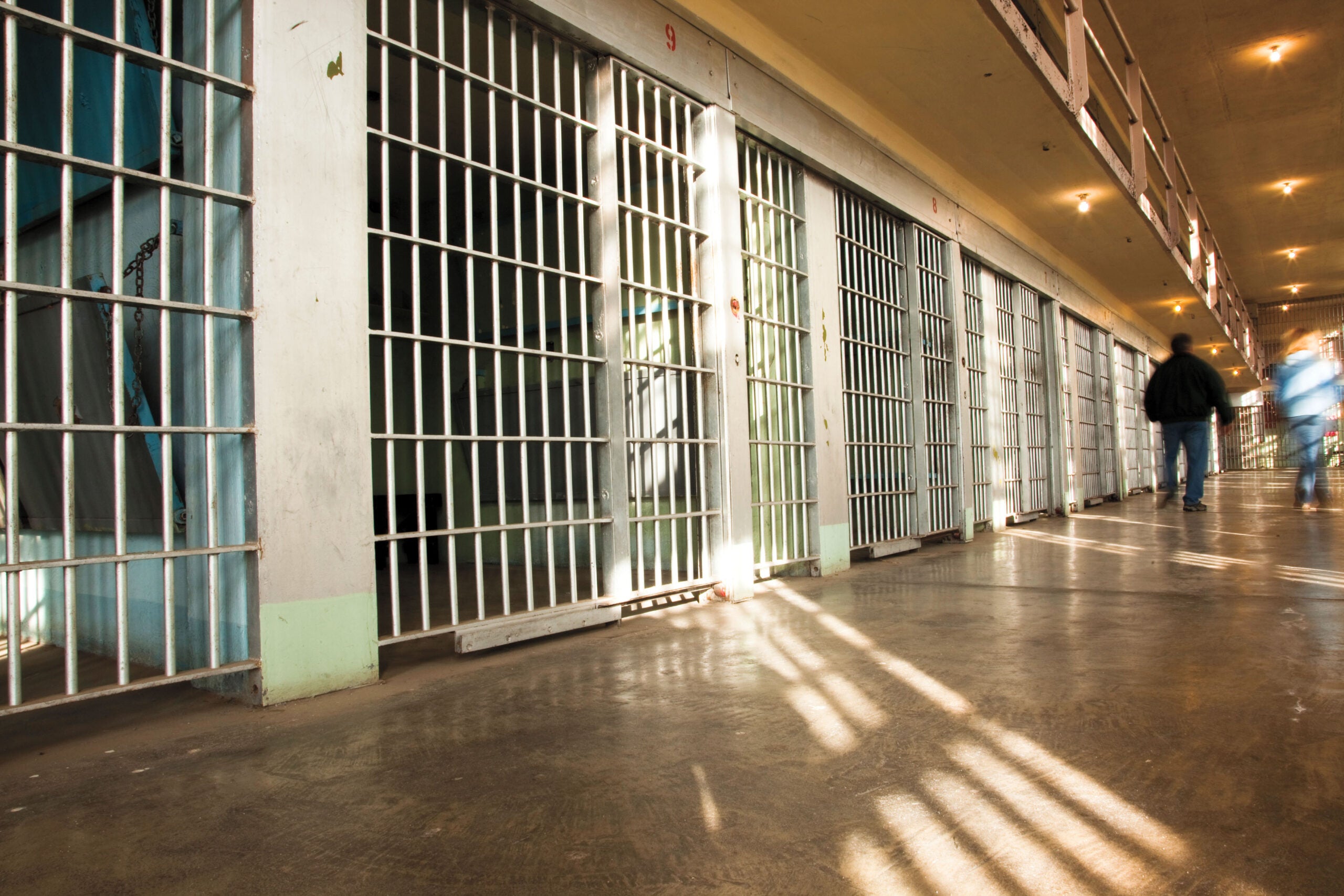Students in the HLS Prison Legal Assistance Project are a fiercely passionate, tightknit community, who host “plappy hours” when not driving together in Zipcars to Massachusetts prisons and jails to represent inmates charged with disciplinary violations or up for parole. Through PLAP, one of 13 HLS student practice organizations, students begin learning advocacy skills as 1Ls, handling cases for a population that often has nowhere else to turn.
Last year PLAP received 1,051 requests for assistance from inmates in Massachusetts, and collect calls from prisons all over the country. Under the supervision of John Fitzpatrick ’87, a Cambridge attorney, PLAP students put in 3,718 hours of pro bono work, including handling 40 disciplinary hearings, five parole hearings and two classification hearings (which determine the facility and security level at which an inmate will do his or her time). Students also staff the inmate hotline, answer inmate letters, and send information about self-representation to out-of-state and many other clients they can’t take.
Created in 1971, PLAP may be the only law school organization in the country to handle such a wide variety of inmate needs. It also plays a unique role in the lives of HLS students, as the following reflections indicate.
“PLAP was such an important part of my time at Harvard Law School. I was not a terribly happy 1L, maybe because at that time the classes were so big and there were few choices. When I went into law school, I knew I wanted to litigate and be in a courtroom, but there were not that many opportunities. … I found that PLAP was the one place where you could learn about trials, mediation, and evidence and use those skills in an administrative setting where the prisoners would have almost no ability to defend themselves. The group of students were very engaged and fun, and, to be honest, the last remaining leather-jacket wearers on campus. It became a home for those two years and helped me have the confidence for my first job at the Department of Justice.”
Juliette Kayyem ’95, national security and foreign policy columnist for The Boston Globe and lecturer in public policy at Harvard’s Kennedy School of Government, who served under President Obama as assistant secretary for Intergovernmental Affairs at the Department of Homeland Security
“The hearings officer sitting as judge is a former guard, the opposing witnesses are current guards, and your client is a convicted felon. You’ll never face a more hostile, difficult-to-win situation anywhere. The odds are stacked against you. It’s been a really great opportunity to work with people who absolutely need our help, who really have nowhere else to turn. It’s probably the most fulfilling work I’ve done in law school.”
Benjamin Holtzman ’12, PLAP co-executive director
“[The students] come well- prepared, having reviewed relevant documents for their oral arguments before the disciplinary hearings officer. For those inmates seeking such representation, they walk away confident that their interests were well-represented.”
Philip Silva, director of the Central Inmate Disciplinary Unit at the Massachusetts Department of Correction. PLAP students recently collaborated with the Massachusetts DOC to revise inmate disciplinary regulations, resulting in what the DOC says is now a more fair and neutral process.
“For prisoners, having somebody talk to them with respect is huge, and that is something I found very rewarding.”
Stephanie Young ’11, who joined PLAP as a 1L and is continuing her work this year as a fellow at Prisoners’ Legal Services in Boston
“It’s a challenging and uniquely gratifying population to serve. … These are folks no one else wants to represent. They are among the most damned in our society, large numbers of whom suffer from cognitive deficits such as mental retardation, learning and other impairments; who suffer from a significantly higher proportion of mental illness; and who also often—almost always—are cut off from their families.”
John Fitzpatrick ’87, PLAP alumnus and supervising attorney
“I’ve learned a ton of skills in terms of how to advocate for someone in an administrative setting. I’m hoping to do legal aid after I graduate, and that’s a skill you need. It also gives you the experience of learning how to communicate with people from different places and backgrounds. … And I feel like we are fighting for justice.”
Rajan Sonik ’12, PLAP co-executive director
